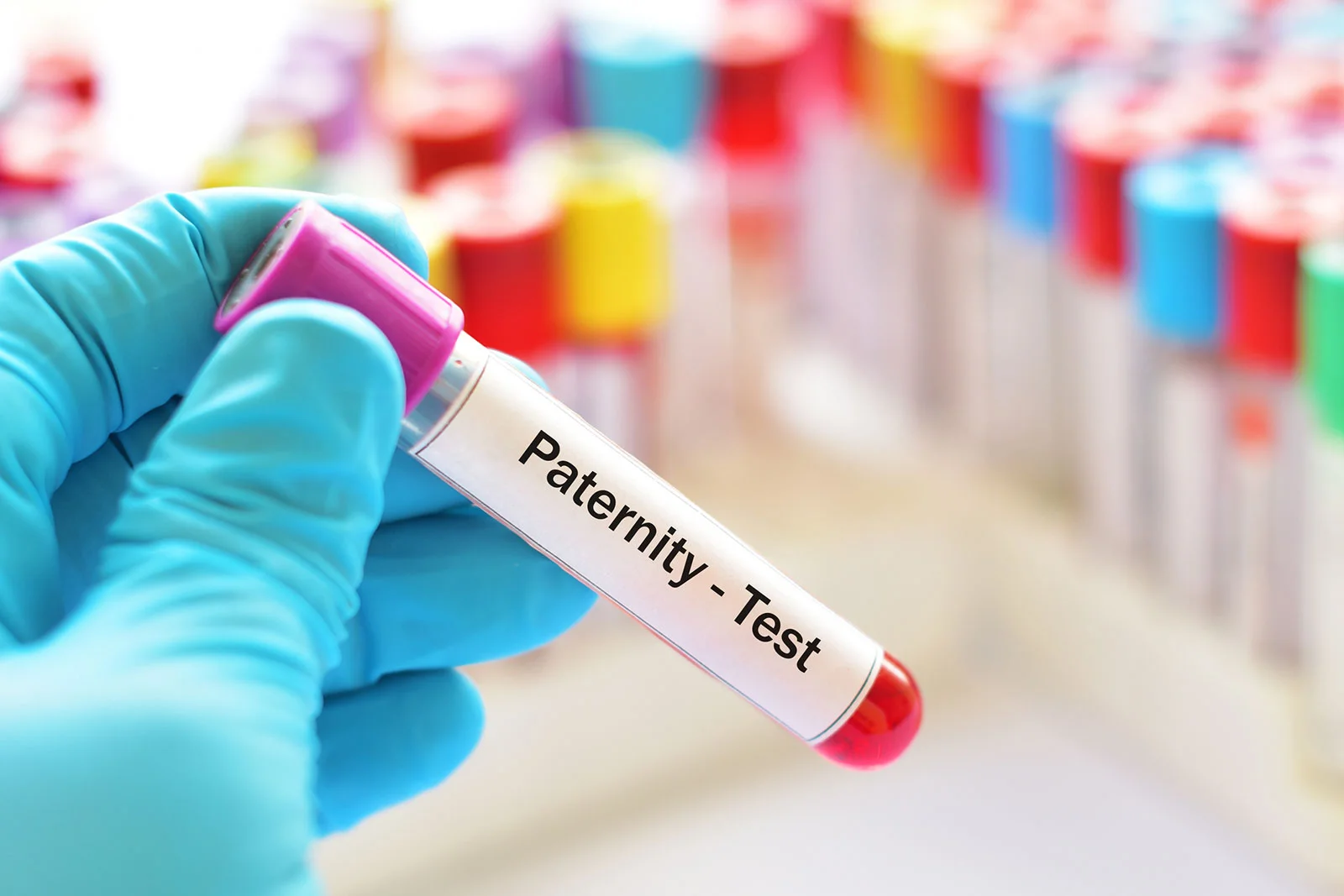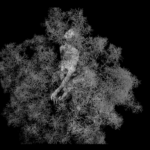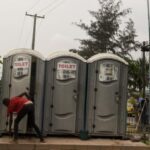One in four Nigerian men who undergo a DNA paternity test discover they’re not the biological father of their children in question. What was once confined to legal disputes and inheritance claims has become a sought-after quest for certainty in a deeply complex society.
In its 2025 DNA Testing Report, Smart DNA—a leading testing centre—reported a paternity exclusion rate of 25% among its clients. In essence, for every four men tested, one received a negative result. Although slightly lower than the 27% recorded in 2024, experts describe the statistics as disturbing.
Generally, DNA testing in Nigeria remains largely urban. Lagos accounts for 69% of all samples, with a high incidence of testing in areas such as Ajah, Yaba and Lekki. This urban concentration is a clear reflection of the economic divide.
The cost for a standard test ranges between N200,000 and N450,000—more than four times the national minimum wage. In essence, this means that DNA testing remains inaccessible to the majority of Nigerians.
Lagos is believed to have a higher concentration of testing centres because of its cosmopolitan population, which is more open to scientific solutions to familial disputes. Indeed, a prominent testing firm has noted that Lagos residents are typically “more exposed to modern ways of doing things.”
This disparity is visibly manifested in testing, where clients are significantly Yoruba (53%), compared with Igbo (31.3%). Clients of northern extraction make up only an infinitesimal 1.2%. Along with deeply entrenched cultural taboos, this disparity also hints at lower awareness and acceptance of DNA testing within northern Nigeria.
Yet this surge in demand for paternity testing is not merely a biological enquiry.
From emotional needs to legal concerns, the motivations for seeking a paternity test are multifaceted. More often than not, a predominant factor is the desire for personal assurance.
Data by Smart DNA reveals that an overwhelming number of cases are initiated by middle-aged Nigerian husbands, supposedly with greater financial stability. What’s more, the children—predominantly male—typically fall under the age of five.
Perhaps a more unsettling statistic about Smart DNA’s report is the disproportionately high rates of paternity exclusion among firstborn sons, who make up an alarming share of all negative results.
This reflects societal pressures and anxieties about legacy in Nigerian society, where the firstborn male child not only carries the family name but is responsible for sustaining the lineage for succession.
Triggered by nagging suspicions—whether by his wife’s perceived infidelity, rumours or inconsistencies in the child’s traits—a man considers a paternity test as a means of resolving his concerns and, in this instance, preserving the identity and future of the family line.
Following the Japa wave, immigration-related DNA testing has increased, making up about 13.1% of all cases in 2025.
This trend is linked to requirements for citizenship applications in countries like the UK, Canada and the USA, which mandate that families provide proof of a biological relationship when birth records are insufficient.
Legal and health-related concerns also contribute to the increasing trend, although they constitute a smaller proportion. For instance, only 1.4% of paternity tests are ordered by courts for such cases as child-support disputes, custody battles and inheritance claims. Meanwhile, understanding a child’s biological parentage is vital for hereditary diseases and organ donation compatibility.
The rise of paternity testing illustrates a marked evolution in Nigerian culture. Hundreds of years ago, Nigerian communities relied on divination, rituals and other traditional methods to determine paternity—methods that were criticised as denigrating and unreliable. The advent of scientific DNA testing offers a definitive alternative, replacing individual guesses with scientific clarity.
Indeed, social media has accelerated this trend. High-profile cases—such as the one involving the late Afrobeats singer Mohbad—have brought paternity concerns into national discourse, fostering knowledge about the testing in Nigeria. The increased awareness has encouraged more Nigerian men to consider testing for themselves.
The high cost of certainty
While DNA tests provide answers, they have a potential for destruction, leaving a pile of trauma in its wake. Beyond its psychological impact on the child, non-paternity can take a devastating toll on the presumed father.
Compared with countries like South Africa with established legal frameworks, Nigeria has no specific laws that criminalise paternity fraud. This means that there is no provision for financial restitution for men who find out that they are not the biological fathers.
In response, DNA experts have called for urgent legislation, including enacting specific laws for paternity fraud. More so, they suggest that public-health programmes and premarital counselling should be integrated with DNA testing.
In truth, the 25% exclusion rate is hardly a definitive measure of Nigeria’s paternity fraud rate, since it only draws upon a specific group of Nigerians that sought out testing. Still it provides an unfiltered glimpse into the anxieties of urban Nigerian men who are navigating a new era of family structure.
A recent study in Nigeria reveals that one in four men who undergo DNA paternity tests find they are not the biological fathers of the children tested, highlighting cultural and societal complexities. Conducted by Smart DNA, the 2025 report noted a paternity exclusion rate of 25% among their clients, slightly down from 27% the previous year. The testing is predominantly urban-centered, with Lagos accounting for 69% of samples due to its cosmopolitan population and greater acceptance of such scientific solutions. However, the cost of paternity testing—ranging from N200,000 to N450,000—makes it inaccessible to most Nigerians.
Paternity tests are often initiated by middle-aged, financially stable men for assurance, with a notable number of tests involving firstborn sons who carry significant societal expectations. Reasons include suspicions of infidelity and the legal requirements for immigration to countries like the UK, Canada, and the USA, which make up 13.1% of the cases. Despite the trauma these tests can cause, affecting both the children and the presumed fathers, Nigeria lacks legal frameworks to address paternity fraud or offer financial restitution. Experts advocate for legislation on paternity fraud and integrating DNA testing with public-health programs and premarital counseling. The data, though not representative of the entire population, offers insight into the evolving family structures and anxieties among urban Nigerian men.






